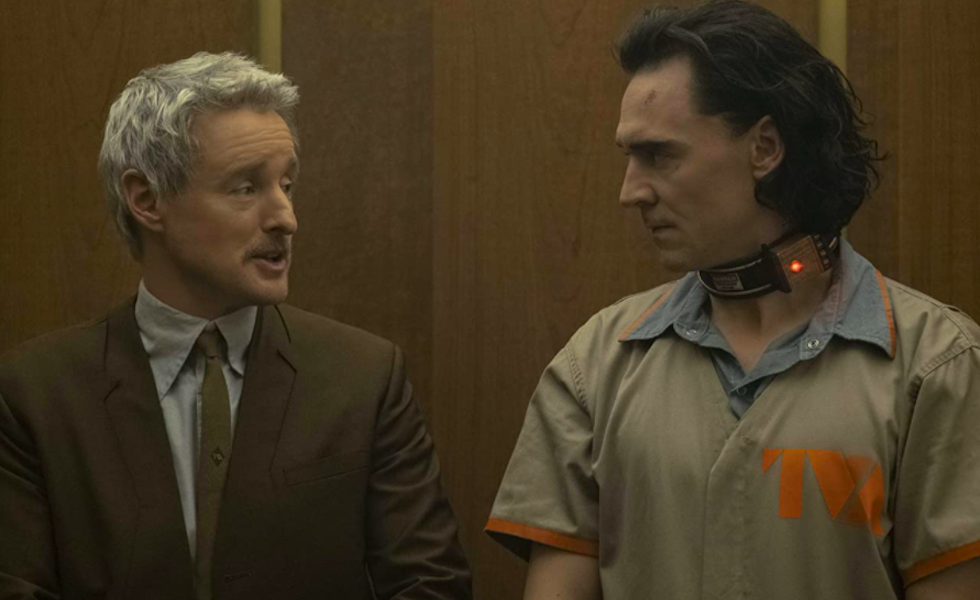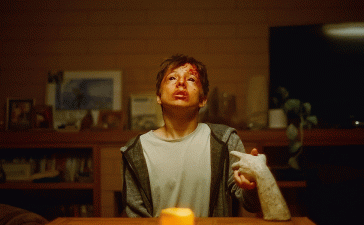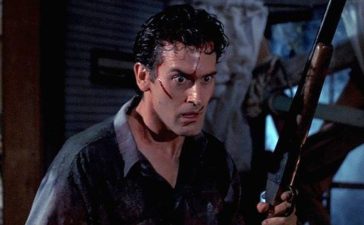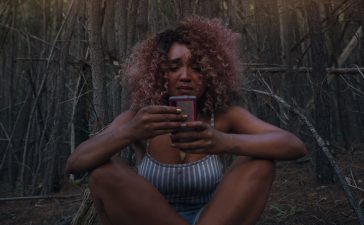So, here comes the third Marvel live-action series for Disney’s streaming service, focusing on the continuing exploits of Loki (Tom Hiddleston, still ridiculously charming), Norse God of Mischief and frenemy of the Mighty Thor (one must wonder if Chris Hemsworth will get a cameo at some point).
But wait, didn’t Loki die at the hands of Thanos at the start of Avengers: Infinity War? Yes he did, but remember in Avengers: Endgame when Captain America and company travelled back in time to the end of the first Avengers movie to steal an Infinity Stone? The Loki from that point in time, recently captured after trying to conquer Earth, took advantage of some brief chaos to half-inch the Time Stone and slip away in the confusion. Which means the Loki starring in this series is starting off as a power-hungry megalomaniac, and not the considerably more agreeable Loki who had so much fun in Thor: Ragnarok before getting his neck broken by the Mad Titan.
Are you with me? Marvel Cinematic Universe continuity is a nightmare no matter how you slice it, so let’s assume that we’re all up to speed or that we can fake it ’til we make it in the service of discussing this new series, which is – only two episodes in, mind you – shaping up to be one of the weirder and thus more interesting Marvel offerings.
Pretty much immediately after disappearing into the time stream to avoid being taken back to Asgard, Loki gets pinged by the Time Variance Authority (for short, the TVA), a kind of all-powerful bureaucracy/police force whose job it is to keep the timeline straight and scoop up any dangerous criminals who are meddling with it – like our title character. Loki is staring down the barrel of a death sentence (the TVA do not fuck around) but wait! Here comes laconic TVA Agent Mobius (Owen Wilson, always a welcome presence) who needs Loki’s help tracking down a particularly threatening chrono-criminal – another version of Loki.
So, the basic narrative model here is Walter Hill’s 48 Hrs, the seminal 1982 buddy cop flick that saw Nick Nolte’s hardnosed cop spring Eddie Murphy’s wisecracking thief from jail to help him collar some even badder baddies. It’s a well-worn trope now, but that’s because it works – there’s plenty of friction, drama, and character potential baked into the concept, and it’s used to good effect here. But what’s really interesting about Loki isn’t the main narrative thrust, it’s both the bigger picture and the smaller details.
One of the problems the Marvel Cinematic Universe faces is the idea of scale. Once you’ve saved the universe from the biggest baddest bad guy ever, where do you go from there? The last two Avengers movies were absolutely massive not just in terms of their box office and cultural impact, but in the size of the threat and the action. Where do we go to now? Well, here comes the TVA to show us that the problems of one universe can be fairly quotidian when you’re dealing with all of time and space, and the way this idea is executed in the series is both charming and awe-inspiring.
The headquarters of the TVA is depicted in a kind of mid-20th century retro style, all CRT monitors, wood panelling, corkboards, and workday office schlubs pushing paper. This is kind of an old joke, the notion that vast and mystical phenomena are really mundane for the people at the coalface – the most recent obvious example is Netflix’s The Good Place, but Loki feels more like a Terry Gilliam joint, or even Douglas Adams’ The Hitchhiker’s Guide to the Galaxy (you can draw a line right back to the bureaucratic heaven of Chinese myth as seen in Monkey, and I promise I’ll get that article written sooner rather than later). There’s a moment where Loki, ever looking for an angle and briefly left to his own devices, opens an unlocked desk drawer and finds…
Infinity stones. About a dozen of them.
The God of Mischief is gobsmacked. A TVA office drone (Eugene Cordera – The Good Place’s Pillboi) comments, “We get a lot of those. Some of the guys use them as paperweights.”
Loki cannot believe what he’s seeing. Remember, this is Loki circa the first Avengers movie – he’s just gone to war armed with just one of these things and damn near won, and now, in this pastel-soft, workaday environment, he learns that these things, all-powerful and highly sought after in his world, mean nothing. Less than nothing.
He’s humbled.
The humbling of Loki is a major theme in his eponymous series so far, and that’s as it should be – remember, this is villainous Loki, not redeemed antihero Loki, and so Mobius has to get him in the right frame of mind to be useful in the task at hand. This means what is basically an extended therapy session (and boy, aren’t there a lot of these in the Disney+ MCU series?) where Mobius shows him all the terrible stuff he’s done and all the awful things that will, from this subjective point, happen to him in the main timeline – the death of his mother, his own death at the hands of Thanos. Loki has to grapple with his own wrongdoing and the consequences thereof, and in a more meaningful way than Wanda did in WandaVision.
Whether it sticks is up for grabs, of course – he’s still Loki, and after over a decade playing him, Hiddleston has his mannerisms, his pomposity and sarcasm, his menace and mirth, down pat. The rest of the cast is solid, too; you know what you’re getting from Wilson at this point, but we also get Gugu Mbatha-Raw pulling “angry authority figure” duties as the TVA judge Mobius reports to, Sasha Lane as a TVA footsoldier, and the promise of Richard E. Grant in some unspecified role an episode or two down the track (I’m confident in predicting he’ll be great).
What Loki the series means for the bigger MCU is worth pondering. I’d put money on the show’s meta-narrative function being to lay the foundations for the multiverse shenanigans we’ve been promised in Doctor Strange: Multiverse of Madness and Spider-Man: No Way Home (they’ve teased the return of former Spidey alumni, but alas time will tell). It is interesting, however, to note that so far all the Disney+ Marvel series have been obsessed with the past. WandaVision saw Wanda trying to create a world based on the sitcoms of the past, whose simple values, easy laughs, and predictable narratives were a comfort to her in the face of her grief. The Falcon and the Winter Soldier was all about legacy – trying to both live up to the past and grapple with historical wrongs that have been ignored (that’ll be the Isaiah Bradley character). Loki is not only a literal time travel show, it starts off in the MCU’s past and progresses from there in directions that, for now, are unknowable.
Does this mean something? Are they prepping the ground for Kang the Conqueror, the Marvel Universe’s premier time-travelling villain?
Well, maybe. And maybe it’s just Marvel’s anxiety over whether Phase Four can live up to or exceed what has gone before manifesting in weird ways. However, I will say that, so far, Loki is a big step in the right direction.










